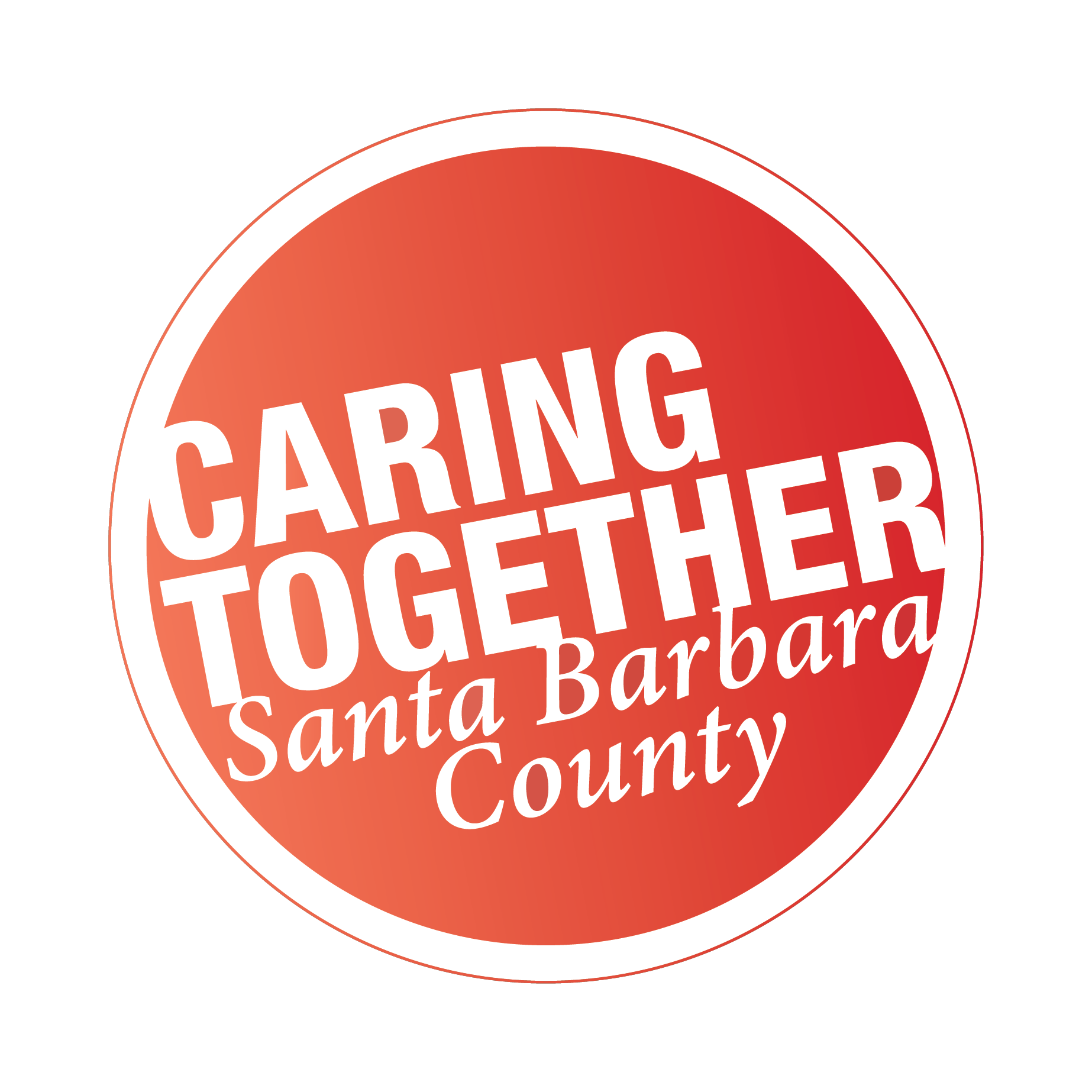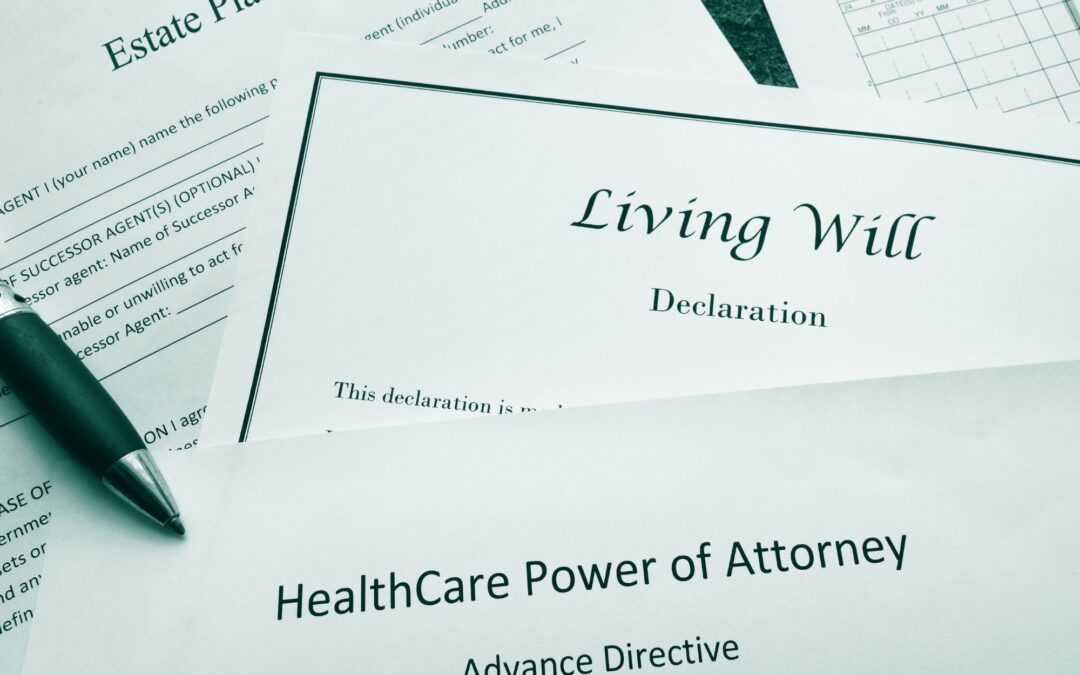By Ralph Sijl, Complete Care at Home
While caregiving can be an incredibly rewarding experience, it can also be a challenging one. Every day, caregivers and families call our agency, seeking advice and assistance in caring for their loved ones. By having the appropriate legal documents in place, families can alleviate some of the stress and uncertainty that often comes with caregiving and be better prepared to face any challenges that may arise.
Here are five important legal documents that I recommend every caregiver should have in place.
- Power of Attorney
A power of attorney is a legal document that gives someone else the authority to act on your behalf. This can be an essential document for a caregiver, as it allows them to make important decisions on behalf of their loved one. A power of attorney can be limited to specific areas, such as medical decisions, or it can be broad and encompass a wide range of decisions. It’s important to have this document in place before a loved one becomes incapacitated, as it can be difficult or impossible to obtain one once they have lost the ability to make decisions.
- Advance Directive
An advance directive, also known as a living will, is a legal document that outlines a person’s wishes regarding end-of-life care. This document details an individual’s preferences regarding medical interventions. It is essential for a caregiver because it provides guidance regarding the wishes of their loved one, which can be critical in making difficult end-of-life decisions.
An Advance Directive typically includes the following information:
- Treatment preferences: This section outlines your preferences for specific medical treatments, such as resuscitation, mechanical ventilation, tube feeding, and pain management.
- End-of-life care: This section outlines your wishes for end-of-life care, such as whether you want to be kept alive by artificial means if you are in a terminal condition or persistent vegetative state.
- Organ and tissue donation: This section allows you to express your wishes regarding organ and tissue donation.
- Health Care Proxy
A health care proxy is a legal document that designates someone to make medical decisions on behalf of a person who is unable to make those decisions themselves. This document is similar to a power of attorney for medical decisions and is often used in conjunction with an advance directive. Having a health care proxy in place can ensure that a caregiver has the legal authority to make important medical decisions for their loved one.
There are several reasons why you many need a Health Care Proxy, and one of the main reasons would be avoiding family disputes. In the absence of a Health Care Proxy, family members may disagree about what medical decisions to make on your behalf, which can lead to disputes and added stress during an already difficult time. A Health Care Proxy can help to avoid these disputes by appointing a trusted person to make decisions on your behalf.
- HIPAA Authorization
HIPAA stands for the Health Insurance Portability and Accountability Act, which is a federal law that protects the privacy of a person’s health information. A HIPAA authorization is a legal document that allows someone else to access a person’s medical information. This document is critical for a caregiver because it allows them to access their loved one’s medical records, communicate with their doctors, and make informed decisions regarding their care.
HIPAA is a federal law that sets the standards for protecting the privacy and security of a person’s health information, known as Protected Health Information (PHI). PHI includes a person’s medical history, diagnosis, treatment plans, and other sensitive information that is collected and maintained by healthcare providers, health plans, and other covered entities.
Under HIPAA, healthcare providers and covered entities must obtain written authorization from a patient or their legal representative before disclosing their PHI to anyone else, including family members or caregivers. A HIPAA Authorization form must contain specific information, including the purpose of the disclosure, the types of information to be disclosed, and the duration of the authorization.
- Will and/or Trust
While not directly related to caregiving, having a will and/or trust in place helps ensure that a loved one’s assets are distributed according to their wishes. A will and a trust are both legal documents that help individuals plan for the distribution of their assets after their death, but they differ in some key ways. It is recommended to consult with an attorney or a financial advisor to determine which option is best suited to your individual needs and circumstances.
A will outlines a person’s wishes regarding the distribution of their assets after their death. It typically names an executor, who is responsible for managing the estate and ensuring that the deceased person’s wishes are carried out. A will can also be used to name guardians for minor children, establish trusts for beneficiaries, and make specific bequests to individuals or charities. However, a will only become effective after the person who created it (the testator) dies and it goes through the probate process, which is the legal process for distributing the assets of a deceased person.
A trust, on the other hand, is a legal arrangement in which one-person (the grantor) transfers assets to another person (the trustee) to hold and manage on behalf of a third party (the beneficiary). The grantor can establish the terms of the trust, including when and how assets are distributed to the beneficiaries. Unlike a will, a trust can take effect during the grantor’s lifetime or after their death, depending on the type of trust. A trust can also be used to avoid probate, which can be time-consuming and expensive.
One significant advantage of a trust over a will is that a trust can provide more privacy and control over the distribution of assets. Because a trust does not go through probate, the details of the trust, including the assets it holds and the beneficiaries, are not part of the public record. Additionally, a trust can provide more flexibility than a will in terms of when and how assets are distributed to beneficiaries.
In my experience at Complete Care at Home, we have seen first-hand the stress and unpreparedness that families face when they are not properly equipped with the right legal documents. I urge you to take the time to ensure that you and your loved ones are prepared for whatever the future may bring and seek the assistance of professionals to help guide you through the process.
About Complete Care at Home:
Complete Care at Home Provides in-Home Care services to individuals in need of support with their activities of daily living, read more on


